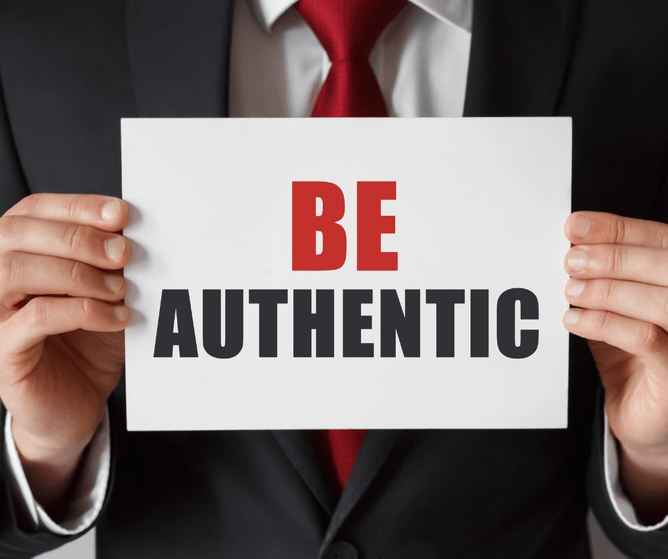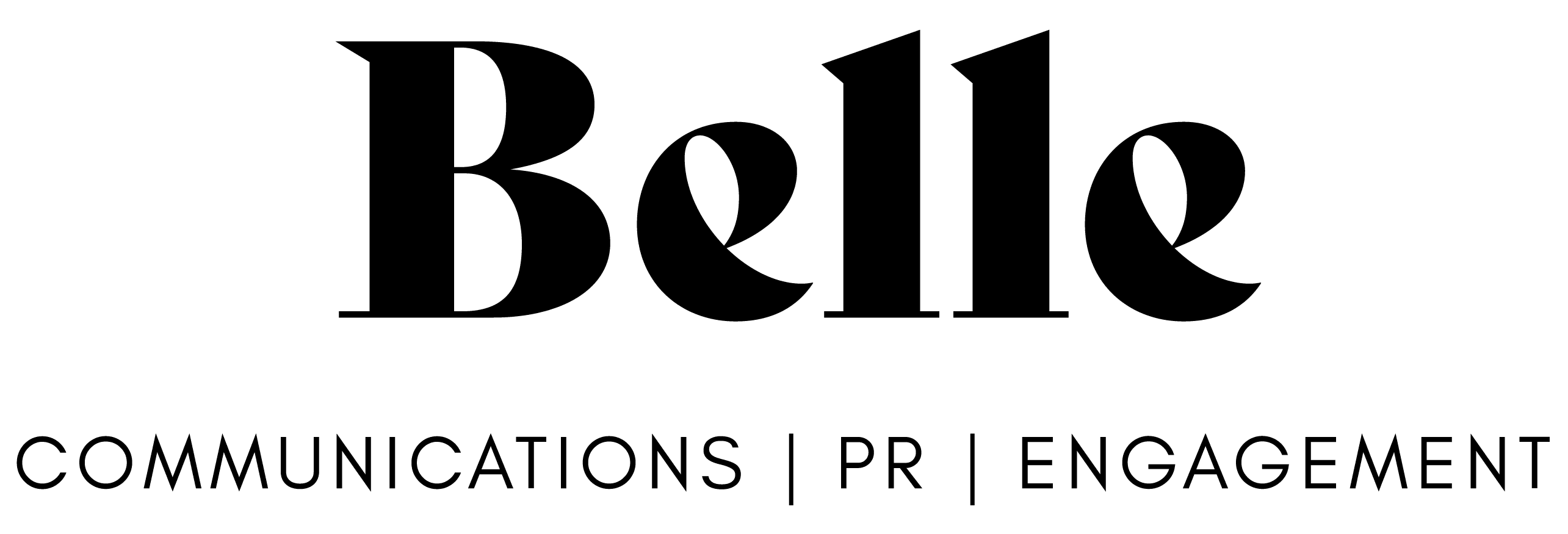Let's face it, in today's world, it's easy to spot fakes. Consumers and audiences are becoming increasingly adept at cutting through the crap to find the real deal and get to the crux of the issue at hand. No matter your business or public relations goals, it's more important than ever to be truly authentic.
In this blog, I’m getting real about why authenticity matters in public relations and will share some tips on how to be real in a world full of fakes.
First off, what does it mean to be authentic? Simply put, it means being true to who you are. It means staying true to your values and beliefs and aligning your actions with those values. It also means being transparent and honest with your audience, even when it may not be easy (and as a PRINZ member, it's one of the foundations of our Code of Ethics).
When I talk about authenticity, I’m focusing on three key areas:
Branding
Engagement
Relationships
Why does authenticity matter in branding?
For brands, authenticity builds trust. Consumers want to know that they can rely on a brand to deliver what they promise. If you're not authentic, you risk losing that trust, which can be tricky (if not impossible) to regain.
Authenticity also sets you apart from the competition. Being authentic can be a powerful differentiator. It can also help your brand build a loyal fan base, as consumers are more likely to stick with a brand that they feel a connection to.
So, how can you be authentic in branding? Here are a few tips:
Know who you are
This may sound obvious, but it's essential to have a clear understanding of your brand's values, personality, and voice. This will help you stay true to who you are, and make it easier to communicate that authenticity to your audience.
Be transparent
This means being open and honest about your brand's practices, products, and services. Don't try to hide anything or sweep things under the rug. Instead, be upfront and transparent about what you do and how you do it.
3. Listen to your audience
Your audience can be your best source of feedback and inspiration. Listen to what they have to say, and use that feedback to improve and evolve your brand.
Walk the talk
Actions speak louder than words, so make sure you're actually delivering on the promises you make to your audience. This means providing high-quality products and services and supporting causes that align with your brand values.
Keep it real
Authenticity isn't just about saying the right things, it's about being genuine and relatable. Don't be afraid to show some personality and let your brand's quirks shine through.
Authenticity in engagement
Authentic engagement means truly listening to communities and incorporating their feedback into decision-making processes. It means being transparent about the purpose of the engagement programme and the outcomes that are being sought. And it means being willing to make changes based on the feedback received, even if it means deviating from the original plan.
It's important to emphasise the value of active listening in authentic engagement and the fact that it's a two-way street. Many organisations tend to focus more on talking rather than listening, and this can hinder their ability to truly connect with their audience and create meaningful relationships. I often challenge my clients to ask themselves if they're truly listening and incorporating feedback to drive home the importance of authentic engagement.
For central and local government organisations, authentic engagement is essential to building trust with the communities they serve. When communities feel that their voices are truly being heard and that their feedback is being taken seriously, they are more likely to trust in the decision-making processes of government organisations. This can lead to increased engagement, better outcomes, and stronger relationships between government and communities.
So, how can you be authentic in engagement? Here are a couple more tips:
Start with a clear purpose
Be transparent about the purpose of the engagement programme and the outcomes that are being sought. This will help build trust with the community and ensure that everyone is on the same page.
Listen to the community
Truly listen to the feedback received from the community and incorporate it into decision-making processes. Be willing to make changes based on that feedback, even if it means deviating from the original plan.
Communicate openly
Be transparent about the engagement process, the feedback received, and the decisions made.
Authenticity when building relationships
Building relationships is a crucial part of public relations and plays a significant role in creating authentic communication.
Relationships help to build trust and credibility, and they can also help you to understand your audience and their needs better.
Be proactive
Take the initiative to reach out to your audience and build relationships. Don't wait for them to come to you.
Be genuine
When building relationships, be genuine and authentic in your communication. Avoid using canned responses or templates, and instead, try to personalise your interactions.
Listen
As I have said above, great relationships are built on communication, and communication is a two-way street. Take the time to listen, and try to understand the other party’s needs and concerns.
Be responsive
When your audience reaches out to you, be responsive and timely in your communication. This shows that you value their input and that you are committed to building a relationship with them.
Be consistent
Consistency is key to building strong relationships. Make sure that your communication is consistent across all channels and that you are delivering on the promises that you make.
Before signing off, it’s also important to address why people disengage with “spin” – and frankly, why I don’t do that in my business and I physically cringe when I hear the word.
Spin, which involves manipulating or presenting information in a way that favours a particular agenda or viewpoint (some might say ‘controlling a narrative’) completely underscores the importance of authenticity in public relations. People disengage with spin because they can sense that the communication is not genuine or honest, and it feels like they're being manipulated or misled. This can erode trust and credibility, which are crucial elements of building strong relationships with your audience or consumers.
So to sum up, being authentic is more important than ever in today's world. By staying true to your values, being transparent, listening to your audience, walking the talk, and keeping it real, you can
Build a strong and authentic brand that resonates with your audience
Achieve meaningful engagement with groups and individuals
Build trusting relationships as part of your PR strategy
So, don't be afraid to be real in a world full of fakes. Your audience will thank you for it.

